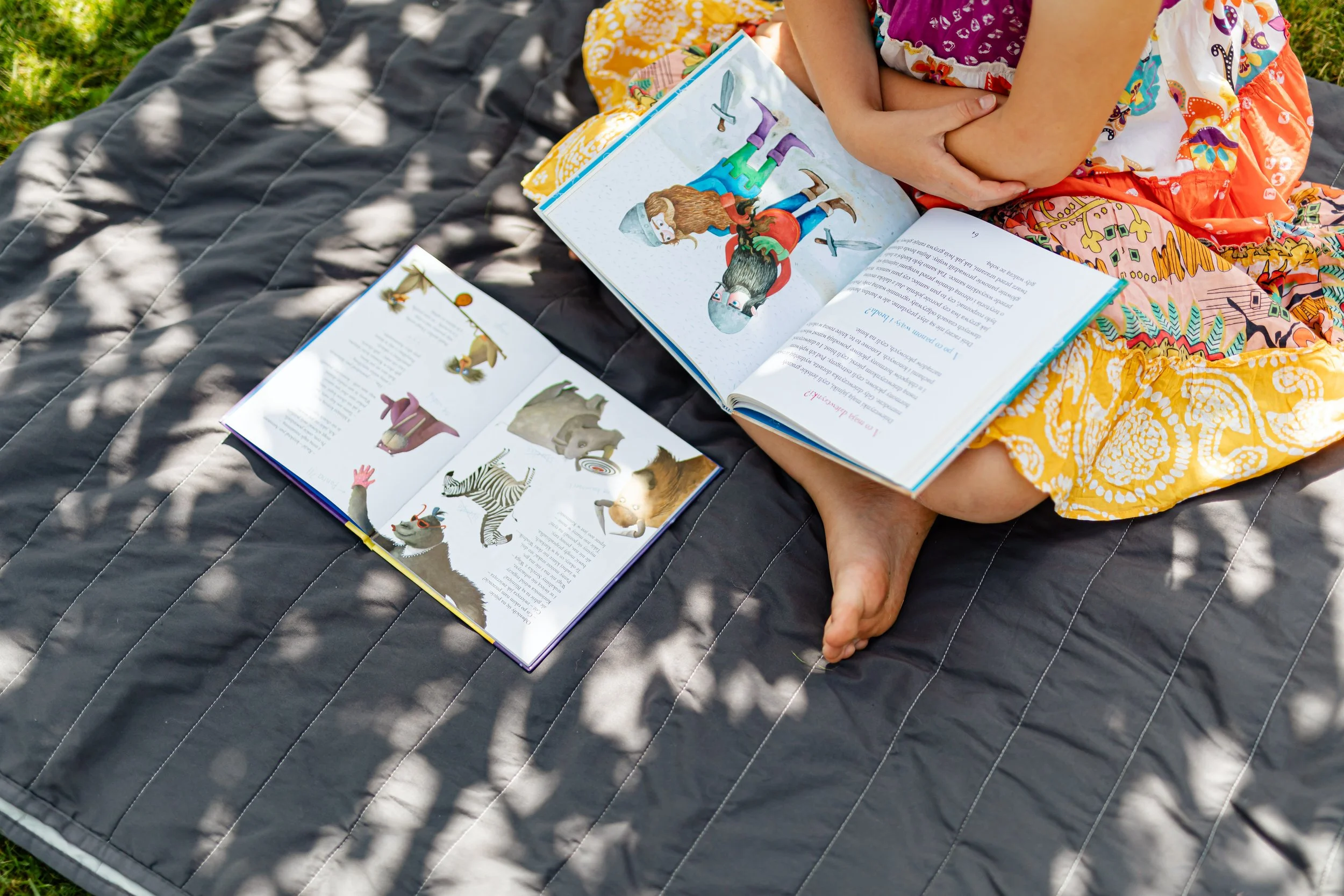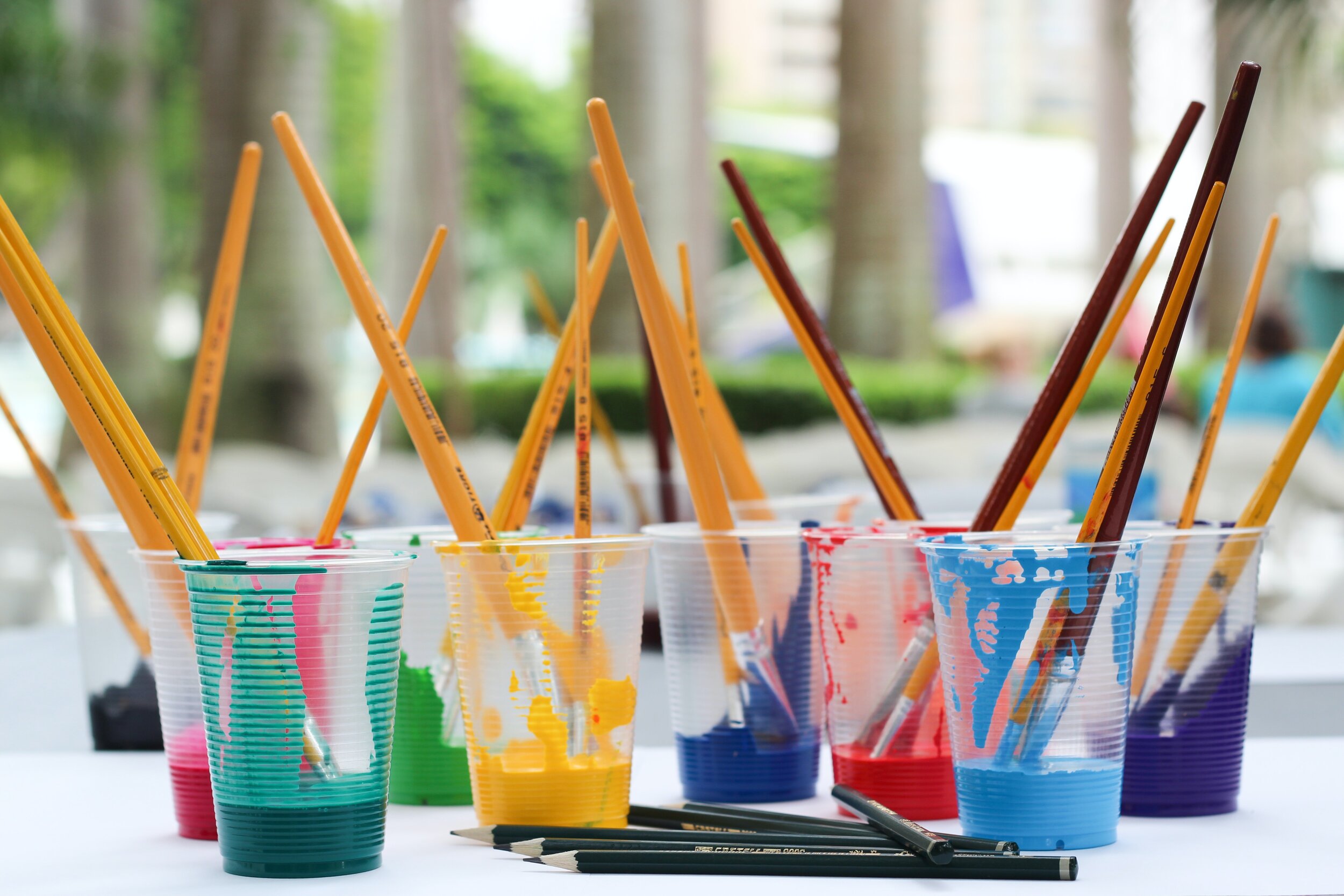When we get caught up in the busyness of life it is easy to lose track of our emotions. Mindfulness, or mindful exercises, are a powerful tool (or superpower) for helping children understand social emotional learning! Read on to find out more about how mindfulness plays a role in learning these valuable skills.
Viewing entries tagged
self-awareness
Have you ever made a mistake and found yourself having a hard time accepting your frustrations and limitations? Self-compassion is a mindful way for us to be aware of how we can be more kind to ourselves during these times and strengthen self-confidence. According to Dr. Kristin Neff, “having compassion for ourselves means you honor and accept your humanness.” Self-compassion and SEL can help kids deepen positive relationships with themselves and with others. Read more about the benefits of self-compassion.
In celebration of Mental Health Awareness Month, we are sharing information on mental health in children and students. Read to find out how education can help children build a strong foundation for mental wellness for life! Plus, Better Kids has created a month calendar, full of activities that focus on your and your child’s mental health.
Discover the magic of storytelling and help kids develop their social emotional skills with these books! These books fall under the categories of the social emotional learning competencies of self-awareness, self-management, social awareness, positive relationships, and responsible decision making.
The arts (art, music, literature, drama, etc.) are a unique way for children to develop social emotional skills such as self-awareness and social awareness. Through expressions of creativity children can process their emotions and, through a shared sense of community, they can build positive relationships. Read on to discover art activities you can do with your child to strengthen their social emotional skills.
What does it mean to be self-aware? While self-awareness can be characterized as having a sense of one’s personality and character it is also important for understanding one's emotions. Without self-awareness, we will have a harder time understanding and improving our self-management, social awareness, relationships skills, and responsible decision making. Read more about how we can help our children recognize and practice self-awareness.
“That’s not fair!” is a common sentiment of children, but how often is this phrase used when pointing out a true injustice? Teaching children the concept of fairness is an important part of growing up and practicing empathy. Read on to learn about how to teach the meaning of equity vs. equality and why it matters.
More than ever, students need help developing strategies to reduce stress and cope with big emotions. Overwhelmed teachers are feeling the demands of addressing both academic and emotional needs through distance learning, but it’s critical that SEL is still prioritized. Read on to learn about Better Kids’ resources that help educators include SEL in online instruction during covid 19.
Since it was established in 1994, the Collaborative for Academic, Social, and Emotional Learning (CASEL) has been a powerful resource for social emotional learning: driving research, collaboration, policy and advocacy. Read more to see how Wisdom: The World of Emotions curriculum aligns with CASEL’s five core competencies for social emotional learning.










